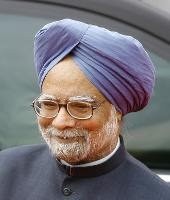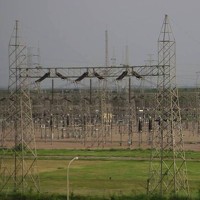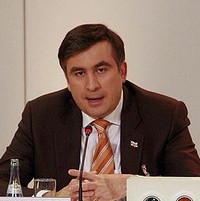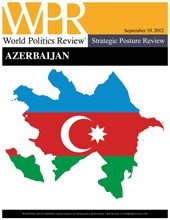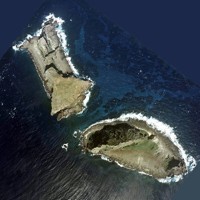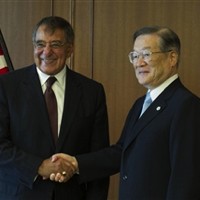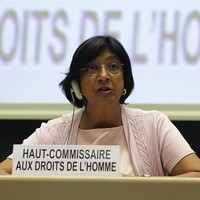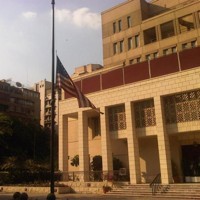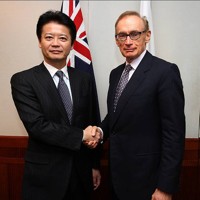
Meeting in Sydney earlier this month, the foreign and defense ministers of Australia and Japan pledged closer defense cooperation. In an email interview, Thomas Wilkins, a senior lecturer at the Center for International Security Studies at the University of Sydney, discussed the strategic relationship between Australia and Japan. WPR: What are the top priorities on the bilateral agenda between Australia and Japan? Thomas Wilkins: There is no single stand-out issue for the annual Australia-Japan “2 + 2” Foreign and Defense Ministerial Meeting talks, but rather a consolidation of relations around the issues of security cooperation, trade liberalization, energy security, climate […]


